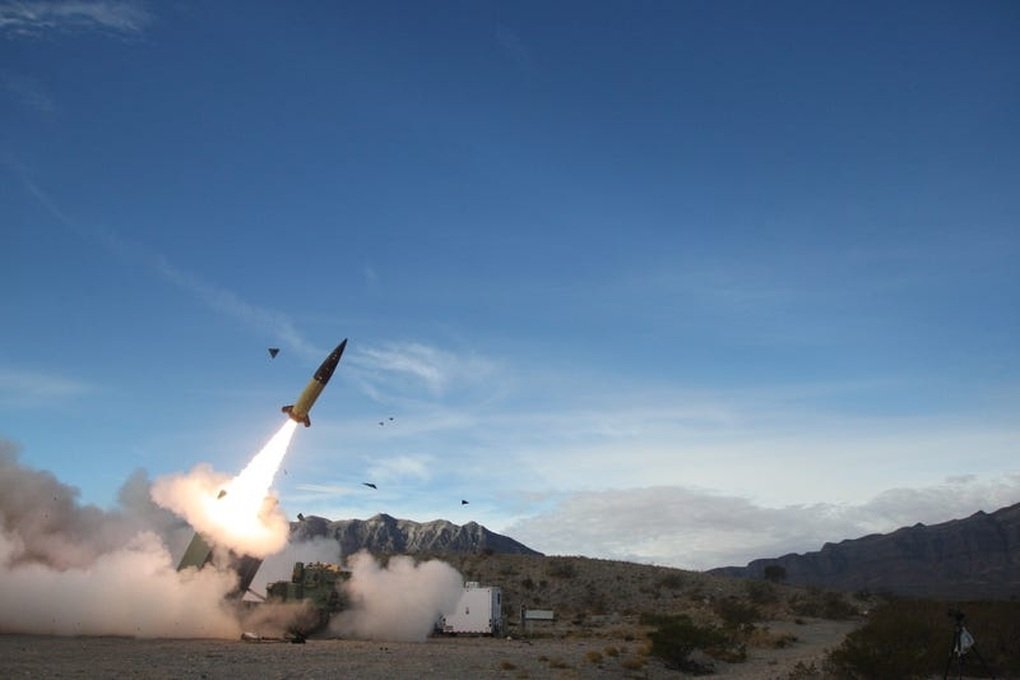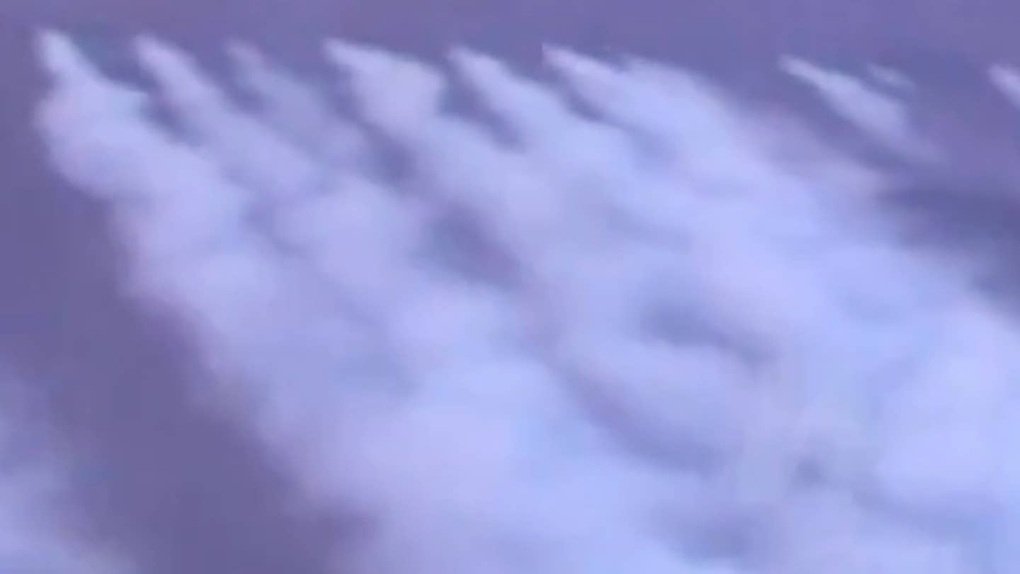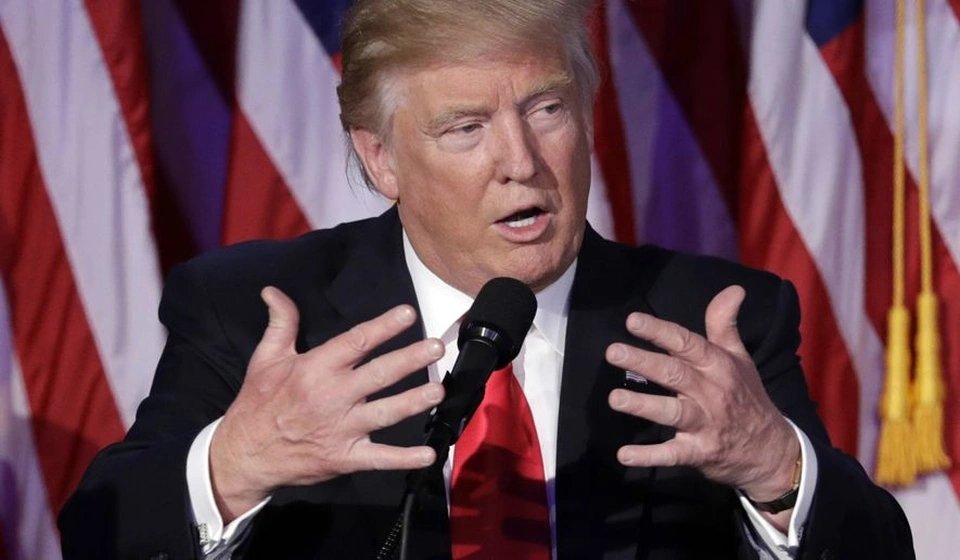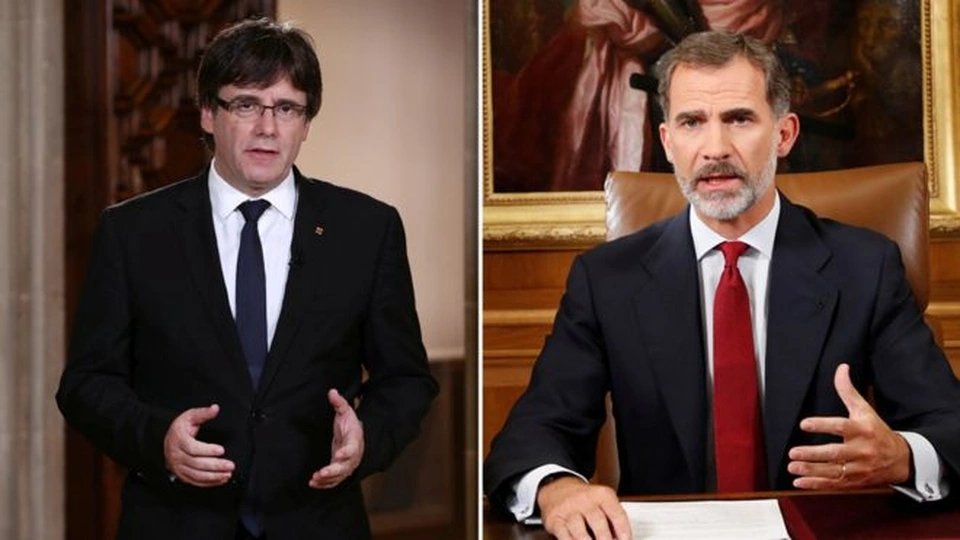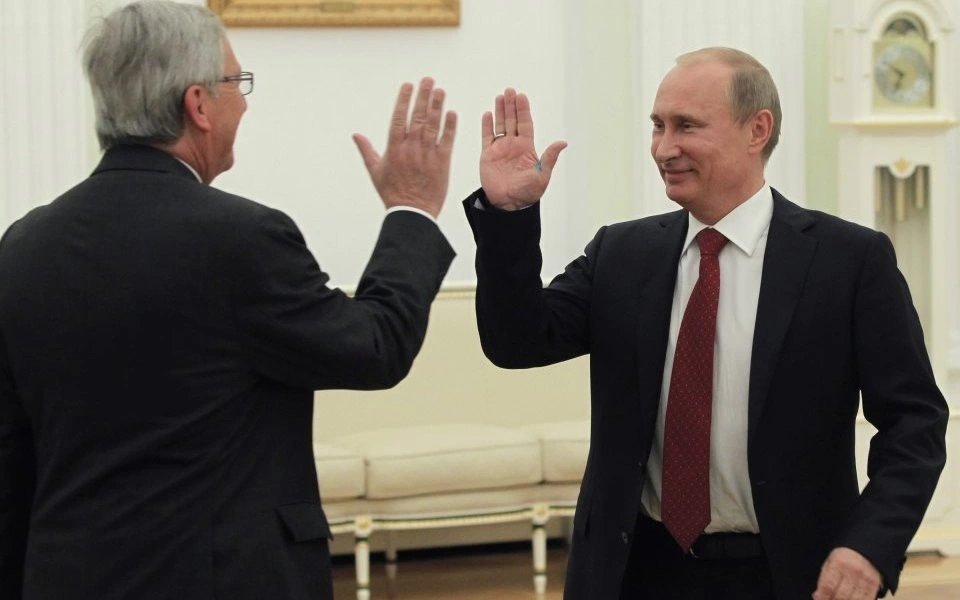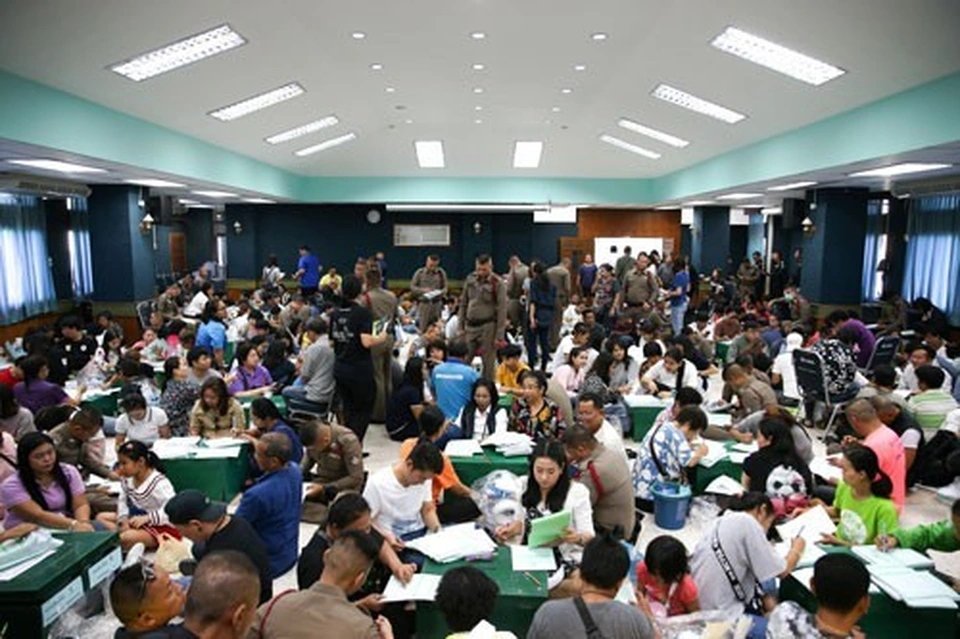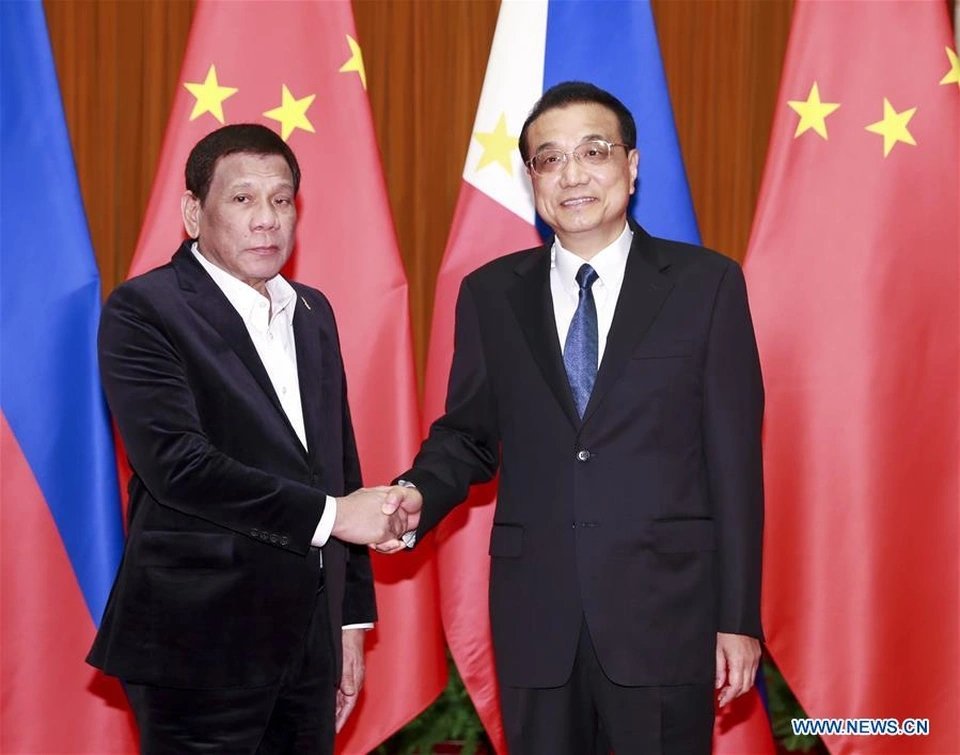
(Dan Tri) – Tel Aviv once wanted to keep Hamas `strong enough` to manage Gaza and create a counterweight to the Palestinian government in the West Bank, but could not seriously threaten Israel.
Tanks of the Israeli army (Photo: AFP).
Just weeks before Hamas’ attack on Israeli-controlled territory on October 7, Israeli intelligence agency (Mossad) head David Barnea traveled to Qatar to meet with host country officials.
For years, the Qatari government has sent millions of dollars to Gaza every month, money that is then used to pay government employees, as well as support Gaza’s health and energy systems.
During the meeting in Doha (Qatar) in September, Mr. Barnea received a question outside the program: Does Israel want the above spending to continue or not?
Mr. Barnea answered yes, based on the Israeli government’s recent decision, according to sources familiar with the New York Times.
The agreement is seen as a gamble by Israel in its policy with Gaza.
`Israel’s logic is that Hamas should be strong enough to manage Gaza, but weak enough that Tel Avivi can restrain it,` said former head of the research department under the Israeli Military Intelligence Agency, Mr. Yossi Kuperwasser.
Hamas is a `useful asset`
Many years ago, after a series of inconclusive military conflicts with Hamas, Mr. Netanyahu and his advisors began to rethink Israel’s strategy in the Gaza Strip issue.
`Everyone is fed up with Gaza… We all say: Forget about Gaza. Everyone knows this issue has reached a dead end,` said Zohar Palti, former head of Mossad’s intelligence department.
When the war in Gaza ended in 2014, Mr. Netanyahu pursued a new strategy: Containing Hamas to focus on other issues such as Iran’s nuclear program or the Hezbollah organization in Lebanon.
The basis for the above shift is the assessment of Israeli intelligence that Hamas has no intention – and no ability – to attack Israeli territory on a large scale.
In addition to the goal of keeping Hamas strong enough to manage Gaza, Israel seems to have another goal: Keeping Hamas as a counterweight to the Palestinian Authority (PA) in the West Bank.
`Mr. Netanyahu is not interested in a two-state solution. Instead, he wants to separate the Gaza Strip from the West Bank, he told me so at the end of 2010,` former Egyptian President Hosni Mubrak said, according to
The value of a `strong enough` Hamas is not too rare in the statements of Israeli officials.
In April 2019, Mr. Jonatan Urich, Mr. Netanyahu’s media advisor and also a spokesman for the ruling Likud party, announced that one of Mr. Netanyahu’s achievements was the separation of Gaza from the West Bank.
General Shlomo Brom, former Deputy National Security Advisor of Israel, said that if Hamas is strong enough, Tel Aviv will avoid having to negotiate on the issue of establishing a Palestinian state.
`An effective way to prevent a two-state solution is to divide the Gaza Strip and the West Bank,` Brom said, pointing out that Israel could use the excuse of lacking a negotiating partner to avoid the above scenario.

Rocket attacks on Israel were intercepted by Iron Dome air defense complexes on October 8 (Photo: AFP).
Money source from Qatar
During an Israeli cabinet meeting in 2018, Mr. Netanyahu’s team of aides proposed the idea: Within the framework of the ceasefire agreement with Hamas, Israel would agree to let Qatar spend millions of dollars in cash on Gaza every month.
Every month, Israeli security personnel pick up Qatari diplomat Mohammed al-Emadi at the border between Israel and Jordan.
The money is only transferred to recipients approved by Israel for humanitarian purposes such as paying civil servants’ salaries or buying fuel for power plants.
`Money is a replaceable item… Any money that Hamas does not have to spend from the budget can be used for other things,` former senior analyst of the US Central Intelligence Agency
The agreement with Qatar is just one link in a chain of decisions made by Israel’s political, military and intelligence leadership based on the erroneous assessment that Hamas has neither the intention nor the capacity to organize attacks.
Besides allowing Hamas to receive money from Qatar, Israel also implements many other policies to help strengthen the Gaza government.
Despite Israel collecting a lot of evidence that Hamas might attack – from plans to information about exercises close to the border between Gaza and Israel – the agreement with Qatar still continues.
Although the agreement in principle must be kept secret, this information has been exposed and discussed by Israeli media for many years.
`Netanyahu’s idea for the past decade and a half has been: If we buy peace with money and pretend the problem doesn’t exist, we can wait until the problem fades away on its own,` Security Advisor
`Hamas has become stronger and used the cover of peace – what Israel always wanted – to train soldiers. Hundreds of Israelis have paid with their lives,` Times of Israel writer Tal Schneider commented.

